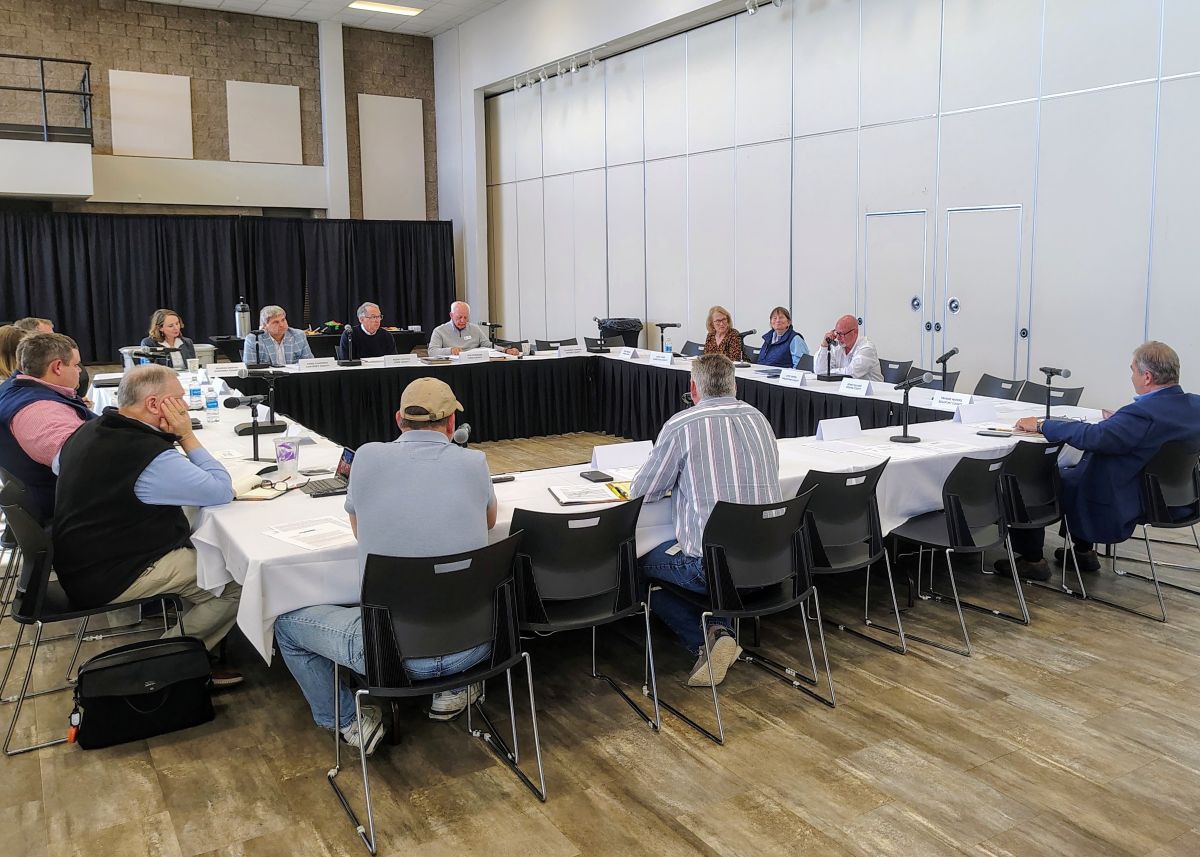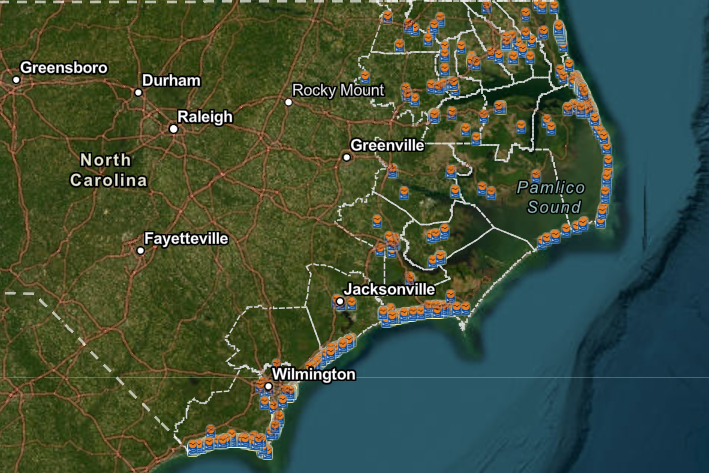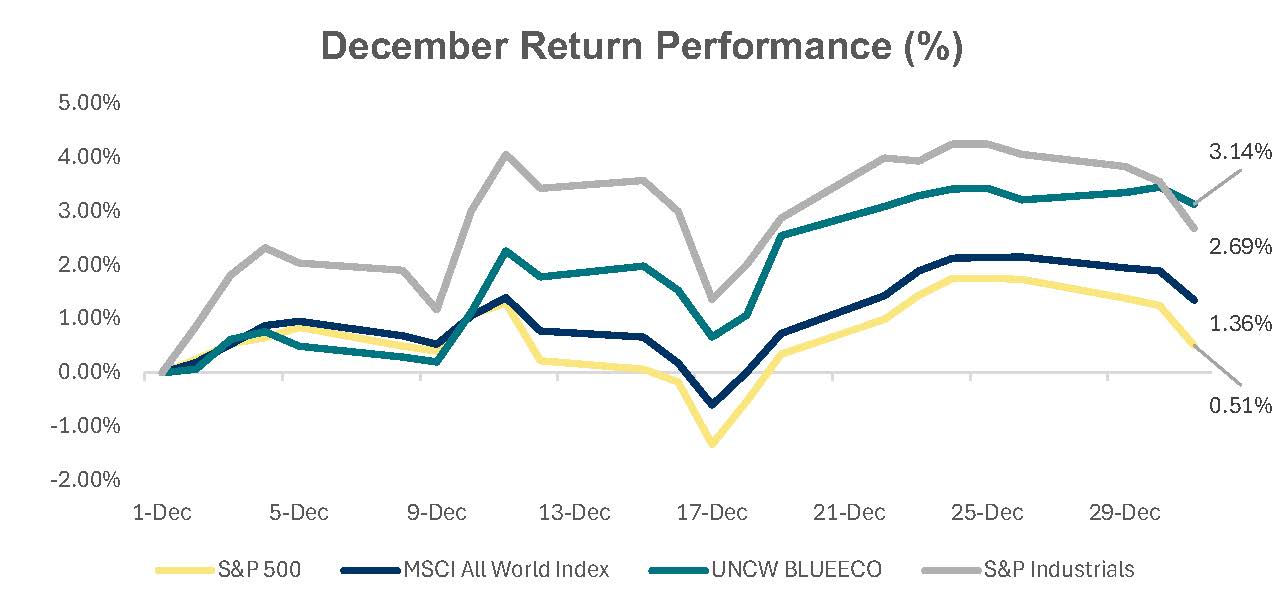
A bill introduced to the state Senate to increase transportation revenue proposes upping fees for electric and hybrid vehicles, adjusting tax rules for vehicle purchases, and imposing a flat tax rate for ride-hailing services.
Sens. Vickie Sawyer, R-Mecklenburg, Tom McInnis, R-Cumberland, and Mike Woodard, D-Durham, filed Senate Bill 354 March 22. As of Wednesday morning, the bill was in the finance committee, according to the legislative website.
Supporter Spotlight
Motor fuel, alternative fuel and road taxes, motor vehicle registration fees, title fees and federal-aid appropriations go to the Highway Trust Fund established in 1989 to pay for certain highway projects and work on secondary roads.
Annual registration fees for passenger vehicles currently is $38.75. Owners of plug-in-only vehicles pay an additional fee of $140.25. The bill proposes increasing that fee to $180, in addition to any other required fees.
North Carolina does not require an additional registration fee for hybrid vehicles, which typically run on both electric and fuel. This bill would have owners of applicable hybrids pay an additional registration fee of $90.
Both fees would be subject to adjustment every four years.
At present, the tax rate to purchase a commercial or recreational vehicle title is 3%, with a maximum total, or cap, of $2,000. The bill proposes removing the cap and taxing at the 3% rate.
Supporter Spotlight
Companies that provide ride-hailing services through an online platform such as Uber and Lyft are not taxed by the state. This bill would tax these companies a flat rate of 50 cents for each private ride and 25 cents for each shared ride in 2024. The tax would be recalculated each year based on motor fuels tax rates.
Through this bill, the N.C. Department of Transportation and the Turnpike Authority would be able to enter into up to three private-partnership agreements each, or six total, to finance transportation infrastructure projects rather than the current three total.
The private-public partnership cap would become effective if the bill becomes law. The other provisions would be effective Jan. 1.







